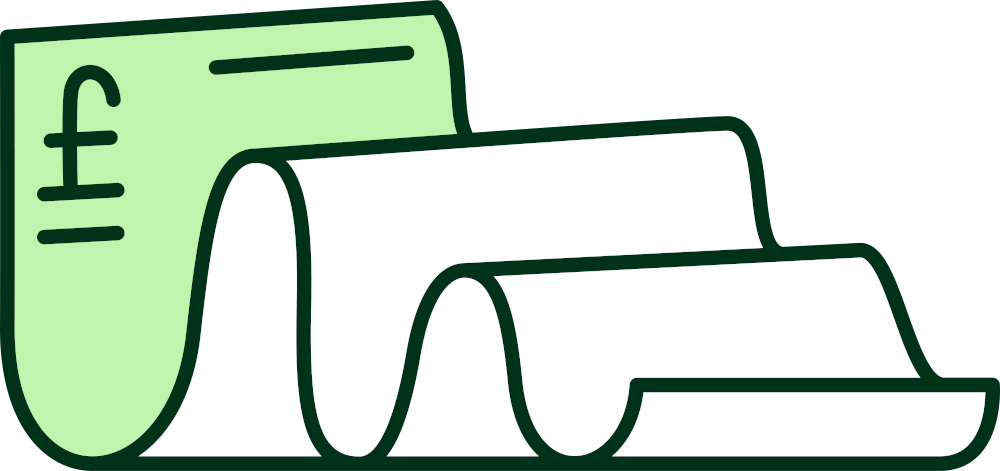We know that when you are struggling with debt, writing down your income and outgoings might feel like the last thing you want to do. But filling in your budget is the starting point for dealing with your debts.
You can’t know if a debt solution will work for you without doing a budget. All advice agencies will expect you to do a budget before they can discuss your options. Your creditors may also ask for one. A budget shows you:
- what money you have coming in (your income);
- what money you are spending (your outgoings);
- whether you have enough money to pay your essential bills; and
- what is available, if anything, to pay your debts.
This information helps you to find the best solution to deal with your debts.
It also allows you to:
- plan for future spending; and
- protect yourself against the stress that unexpected bills or increased costs can cause.
Our adviser will have sent you a blank budget sheet. Do not send a copy of this to your creditors. We will help you create a summary budget for creditors if you need one, once you have filled it in.
Priority and non-priority debts
On your budget, you are asked to say which debts are priorities and which are non-priority debts. This depends on your circumstances and the powers that a creditor can use to collect the debt.
Don’t worry if you’re not sure which debts are priorities. When you call back, our adviser will help you decide which debts are priorities when you complete your budget with them.
What you need to start
You need accurate up-to-date information about all your income and spending. This can include the following.
- Wage slips
- Benefit statements
- Pension-income statements
- Bank statements
- Utility bills (such as gas, electricity and water)
Make a start today
Gather together the paperwork listed. You don’t need to speak to anyone to do this.
If all your income and outgoings go through your bank account, most of the information you need will be in your bank statements.
You will also need your latest letters from your creditors, so you know how much you owe. If you haven’t kept the letters from your creditors, or need more up-to-date figures, contact your creditors and ask them how much you owe. If you would prefer not to speak to them on the phone, send them an email or letter instead.
If you do speak to your creditors about what you owe, do not agree to a payment arrangement. It is important that you only offer what you can afford to pay. You won’t know what this is until you have done your budget.
If you aren’t sure who you owe money to, it may help to get a free copy of your credit report. To get a copy of your credit report, contact the credit reference agency and fill in an application form. You can usually apply in writing, by phone or online. See the following section Getting your credit reports .
Getting your credit reports
There are three credit reference agencies, and they may each hold different information about you. So, if you aren’t sure what you owe, it is usually best to get a report from all three .
You can get a statutory credit report for free. This will show all the debts that the agency knows about. You can apply for a statutory report online.
- For an Experian report, go to www.experian.co.uk/consumer/statutory-report.html .
- For an Equifax report, go to www.equifax.co.uk/Products/credit/statutory-report.html .
- For a TransUnion report, go to www.transunionstatreport.co.uk/CreditReport/AboutYou .
You may not be able to get another free statutory credit report if you have already received one recently. There may be other ways of getting this information for free. Contact us for advice on how to do this.
If your creditors are not currently contacting you, you may find that they start to contact you again after you make this request. If you are worried about this, contact us for advice first.
Debts that you haven’t dealt with for several years
If you haven’t written to a creditor or made a payment towards a particular debt for several years, contact us for advice before you send them an email or letter.


